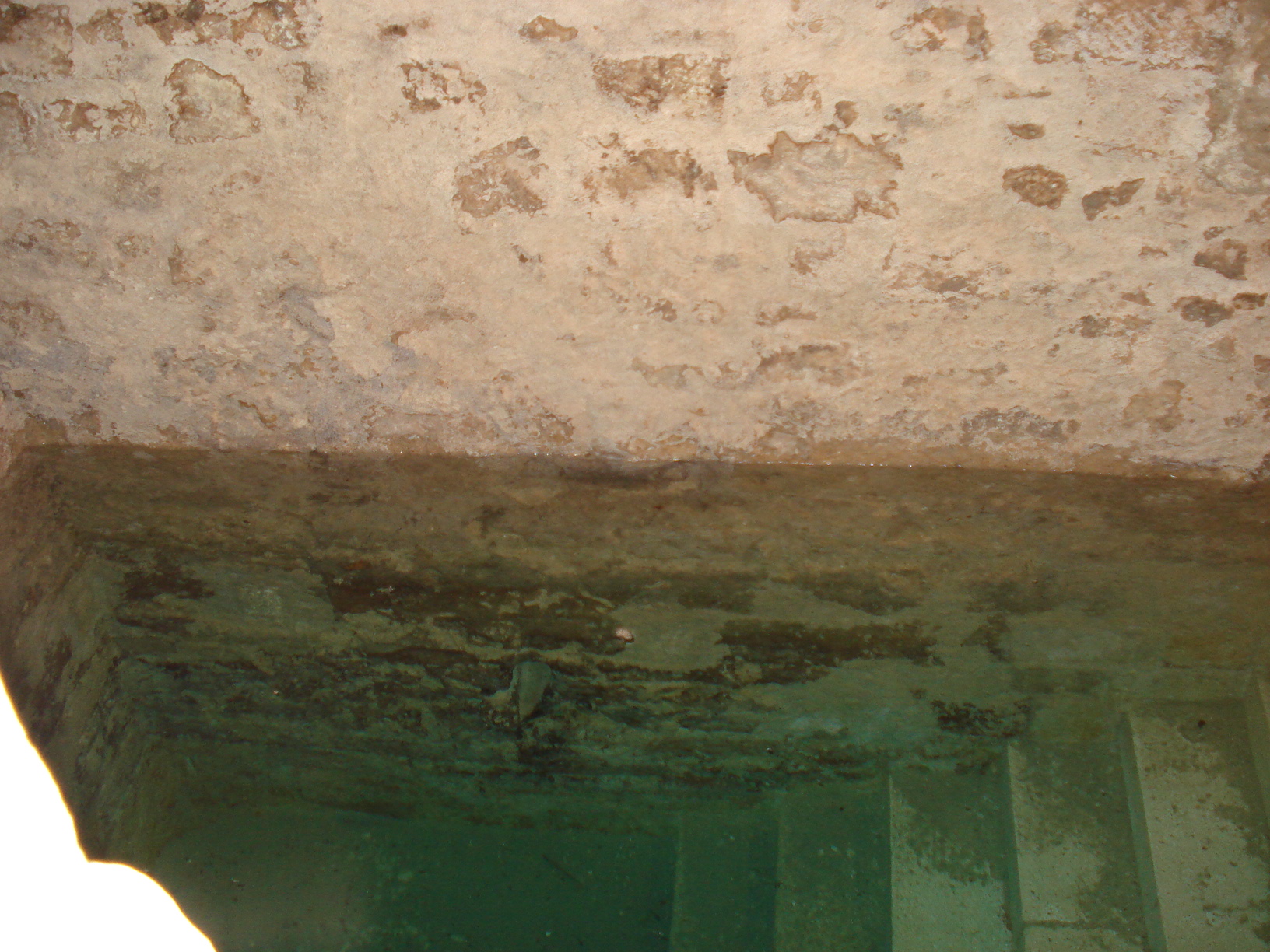
This summer, I had the opportunity to do something that few other men my age do: immerse in the mikveh.
Normally, my Jewish rituals are public: I don my kippah wherever I go, I generally pray every morning with my tallit and tefillin in the presence of at least ten other people, and I light Shabbat candles every Friday evening with a group of friends before heading off to Hillel for services, where I, again, pray in the company of a (large) group of people. Jewish life is a communal life, and my practices are, for the most part, communal practices. My rituals form a large part of my connection to my Jewish community and my Jewish involvement — and I value my rituals, in large part, for exactly that reason.
Immersing in the mikveh was different. It was one of the few times that I can recall easily that I performed a ritual that was completely private. It was one of the first times when there was no one there to check my observance of the commandment (and whether or not I as a man have a commandment anyway is up for debate) or to tell me whether or not I had completed my commandment in the prescribed way.
Part of what made my experience immersing in the mikveh special to me was the fact that it was one of the few times I performed a commandment while completely secluded from everyone else, and had no one to tell me that I had or had not fulfilled it as I should. This is already more private than the experiences of most women—since men do not immerse for the sake of a commandment, they usually go alone, whereas women, because they are seen as commanded to immerse, are accompanied to make sure they get completely under the water. This, however, is still a much more intimate and much less public moment, unlike to other obligations that are done in the presence of others, and some of which can only be done in the presence of others.
When I read the news of the allegations against Rabbi Barry Freundel, I was reminded of the very intimate moment of my immersion in the mikveh and the abuse that extends into the misogyny inherent in the idea that a (male) rabbi felt so entitled as to install hidden cameras in a space where (a predominantly female) Jewish ritual is performed.
This is not just a case of one ill rabbi, as some suggest, but is symptomatic of a much deeper issue within Orthodoxy: the fact that we have a leadership that sees itself as entitled to control our every move, and feels entitled to abuse the very people that our community should be protecting: If our leadership has become so aloof that it feels an entitlement over such intimate moments in one’s Jewish life, then the problem lies not in the Orthodox laity, but in its (overwhelmingly male) leadership that feels an entitlement, like Judaism does, over every aspect of Orthodox Jews’ lives.
This extends to the mikveh, a space predominantly owned by men, but seldom used by those same men. (I leave out pluralistic mikva’ot for the moment, which are the outliers here.) Part of what we, as men, must do now is understand that even if we are not actively acting in a way that undermines the roles of women and converts in the Orthodox world, we are still part of a larger system that acts in such a way.
Our direction going forward is clear: we must work toward democratizing our observant Jewish communities and creating a system that does not feel the entitlement it currently does. Part of this includes not only understanding that such a system exists, but that this sense of ownership stems from the fact that so few men actively partake in what have been classified as “feminine” practices that they are rarely given the opportunity to experience.
Am I advocating that men take full ownership of the mikveh, thereby making it less of a women’s safe space than it is now? Yes and no.
Yes, in the sense that I see the inherent value in men understanding and experiencing that which has been not always given them, and that women are also given the opportunity to do the reverse (bearing in mind that I do still see equal ritual obligation as an end goal in my vision for a traditional Jewish community).
No, in the sense that the mikveh has traditionally been a safe space for women and a sort of refuge in a male-dominated community. Though allowing men into the mikveh might inspire an empathy and understanding of women and female ritual in the traditional Jewish world, it might, at the same time, remove the sense of safety that the mikveh has come to be associated with. It was the violation of that very same sense of safety that contributed to the horrifying events in Washington, D.C.
Democratizing Judaism is not just about making sure that we can be fluent in the Jewish legal tradition and be able to hold our own in a debate. It is not just about the ability of rabbis to decide when and where we can change our practices or our laws. It is also about ensuring that our Judaism is a safe space, both in private and in public, that our mikva’ot are just as safe as our synagogues.
Amram Altzman is a student at List College.

